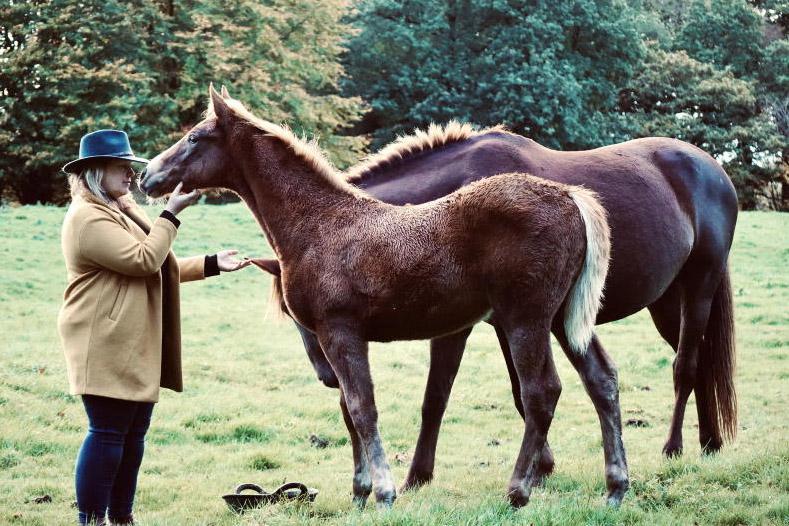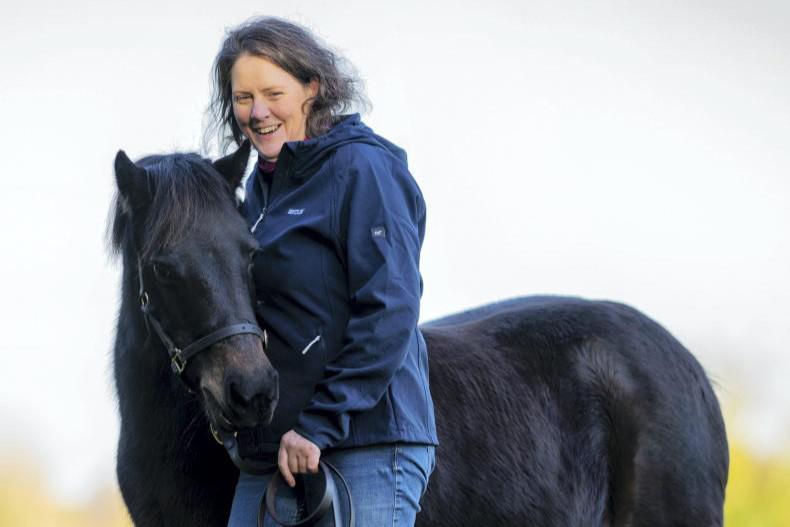European authorities issued four food safety alerts relating to horsemeat last month.
The European Commission’s Rapid Alert System for Food and Feed (RASFF) detailed food safety issues relating to horsemeat in Poland, Denmark and the Netherlands.
The first rapid alert related to horsemeat placed on the market from animals that should have been excluded from the foodchain. The meat originated in Poland and was destined for the Italian market.
A similar alert was also issued four days later, relating again to horses that should have been excluded from the foodchain, with the meat again destined for Italy.
Later in April, the rapid alert system recorded the unauthorised placing on the market of horse meat from Germany, from horses that were dispatched from Denmark.
The fourth alert related to poor traceability records for chilled horsemeat originating in the Netherlands. In this case, the meat was destined for sale in Belgium and France.
Ireland
In June 2019, Gardaí, the Department of Agriculture and the Food Safety Authority of Ireland searched farms, houses and a commercial premises in counties Roscommon, Leitrim, Sligo, Westmeath and Kilkenny.
The searches were part of an ongoing investigation into offences of deception pursuant to Section 6 of the Criminal Justice (Theft and Fraud) Offences Act, 2001, surrounding fraudulent practices regarding tampering of identification passports and microchips of horses presented for slaughter in Ireland.
Audit
In March 2020, flaws in Ireland’s horsemeat production and traceability rules were identified in an audit report by the European Commission.
Auditors visited Ireland last year, when they met with the Department of Agriculture and inspected two horse factories, a cutting plant, two passport issuing bodies, a horse trainer and a race course.
Auditors found a number of shortcomings in horsemeat traceability:
The registration system does not allow for the identification of horse dealers, whose main activity it to buy and keep horses for limited time periods.Horse owners do not consistently meet their obligations when it comes to registering horses, ie horses are not registered or are registered after the compulsory registration period of 12 months.There is a “near-absence” of the recording of medical treatments, even in horses which are over 10 years old.Issues with passport handling at knackeries.The number of horses slaughtered in Ireland has fluctuated over the last number of years between 6,000 to 7,700 per year.
Read more
No arrests in horsemeat investigation
European authorities issued four food safety alerts relating to horsemeat last month.
The European Commission’s Rapid Alert System for Food and Feed (RASFF) detailed food safety issues relating to horsemeat in Poland, Denmark and the Netherlands.
The first rapid alert related to horsemeat placed on the market from animals that should have been excluded from the foodchain. The meat originated in Poland and was destined for the Italian market.
A similar alert was also issued four days later, relating again to horses that should have been excluded from the foodchain, with the meat again destined for Italy.
Later in April, the rapid alert system recorded the unauthorised placing on the market of horse meat from Germany, from horses that were dispatched from Denmark.
The fourth alert related to poor traceability records for chilled horsemeat originating in the Netherlands. In this case, the meat was destined for sale in Belgium and France.
Ireland
In June 2019, Gardaí, the Department of Agriculture and the Food Safety Authority of Ireland searched farms, houses and a commercial premises in counties Roscommon, Leitrim, Sligo, Westmeath and Kilkenny.
The searches were part of an ongoing investigation into offences of deception pursuant to Section 6 of the Criminal Justice (Theft and Fraud) Offences Act, 2001, surrounding fraudulent practices regarding tampering of identification passports and microchips of horses presented for slaughter in Ireland.
Audit
In March 2020, flaws in Ireland’s horsemeat production and traceability rules were identified in an audit report by the European Commission.
Auditors visited Ireland last year, when they met with the Department of Agriculture and inspected two horse factories, a cutting plant, two passport issuing bodies, a horse trainer and a race course.
Auditors found a number of shortcomings in horsemeat traceability:
The registration system does not allow for the identification of horse dealers, whose main activity it to buy and keep horses for limited time periods.Horse owners do not consistently meet their obligations when it comes to registering horses, ie horses are not registered or are registered after the compulsory registration period of 12 months.There is a “near-absence” of the recording of medical treatments, even in horses which are over 10 years old.Issues with passport handling at knackeries.The number of horses slaughtered in Ireland has fluctuated over the last number of years between 6,000 to 7,700 per year.
Read more
No arrests in horsemeat investigation










SHARING OPTIONS